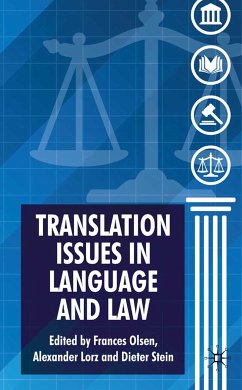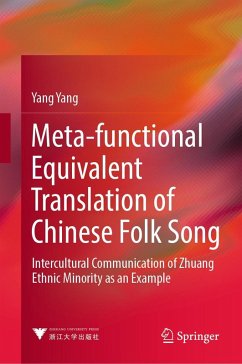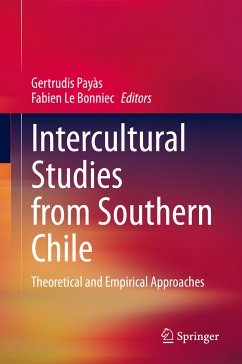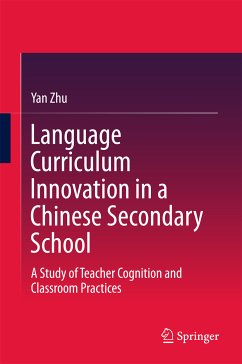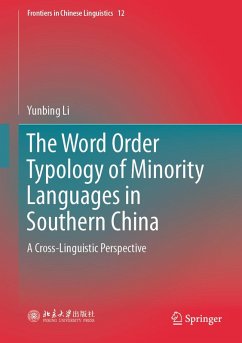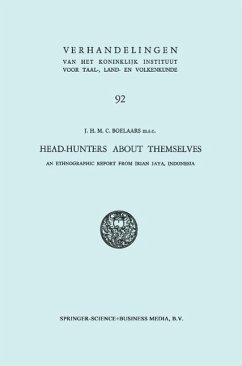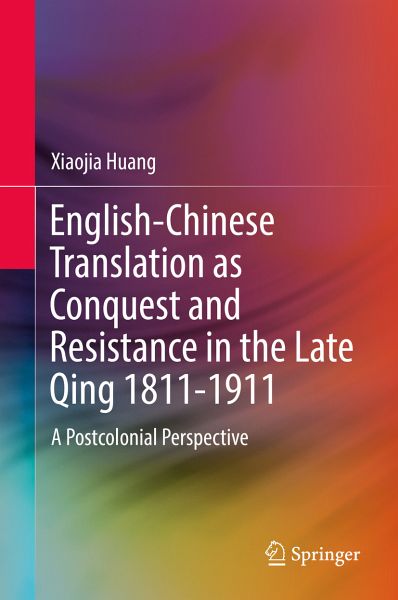
English-Chinese Translation as Conquest and Resistance in the Late Qing 1811-1911 (eBook, PDF)
A Postcolonial Perspective
Versandkostenfrei!
Sofort per Download lieferbar
40,95 €
inkl. MwSt.
Weitere Ausgaben:

PAYBACK Punkte
20 °P sammeln!
This book examines how translation facilitated the Western conquest of China and how it was in turn employed by the Chinese as a weapon to resist the invasion in the late Qing 1811-1911. It brings out the question on the role of translation as part of the Western conquest of Late Qing China, with special attention drawn to the deceptions and manipulations in the translation of the Sino-foreign unequal treaties signed during 1840-1911. The readers will benefit from the assertion that translation did not remain innocent, but rather became intermingled with power abuses in the Chinese milieu as w...
This book examines how translation facilitated the Western conquest of China and how it was in turn employed by the Chinese as a weapon to resist the invasion in the late Qing 1811-1911. It brings out the question on the role of translation as part of the Western conquest of Late Qing China, with special attention drawn to the deceptions and manipulations in the translation of the Sino-foreign unequal treaties signed during 1840-1911. The readers will benefit from the assertion that translation did not remain innocent, but rather became intermingled with power abuses in the Chinese milieu as well.
Dieser Download kann aus rechtlichen Gründen nur mit Rechnungsadresse in A, B, BG, CY, CZ, D, DK, EW, E, FIN, F, GR, HR, H, IRL, I, LT, L, LR, M, NL, PL, P, R, S, SLO, SK ausgeliefert werden.



